-
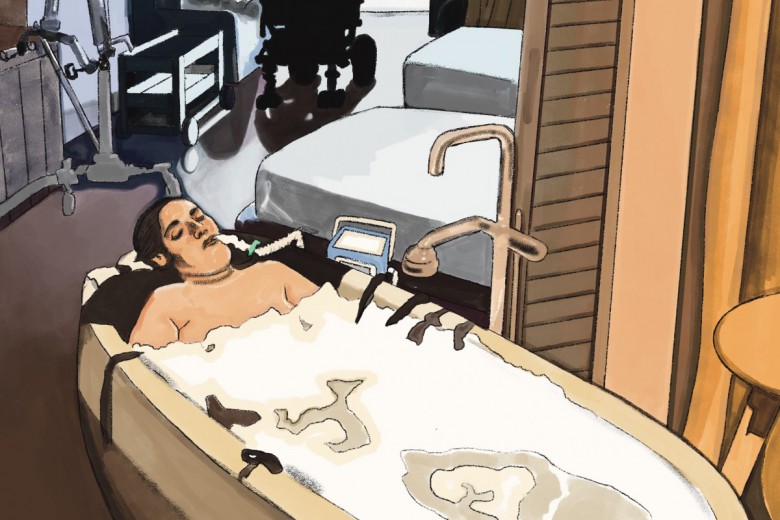
by Megan Linton, Mary Jean Hande, and Ethel Tungohan Oct 25, 2023 11 min read
-
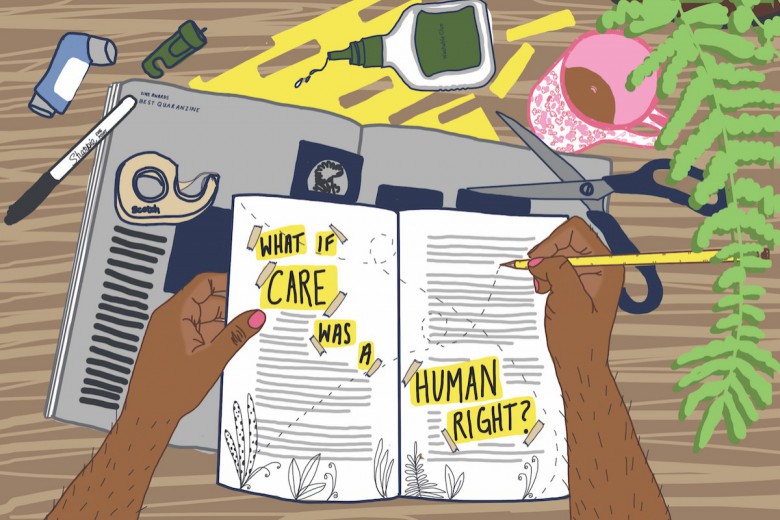
by Rachel Jobson Sep 7, 2022 11 min read
-
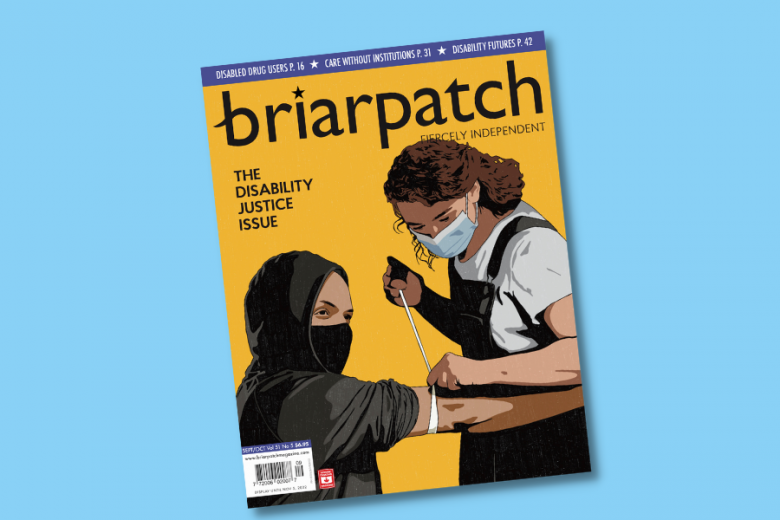
by The Disability Justice Issue editorial collective Sep 7, 2022 7 min read
-
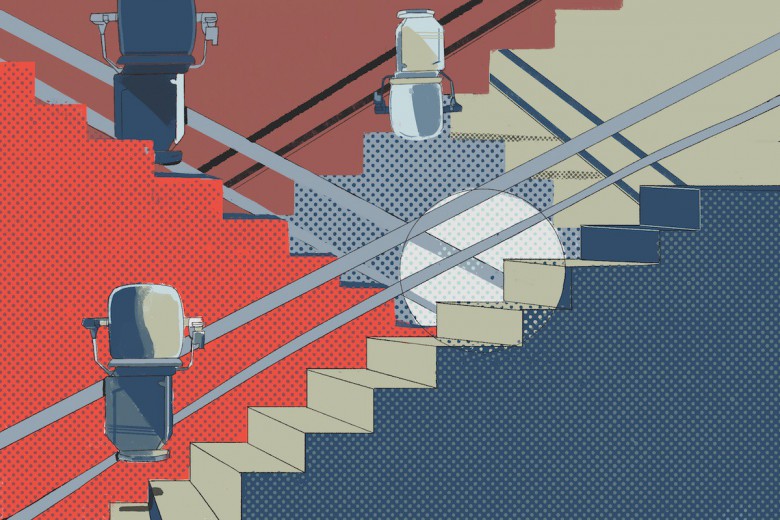
by Alex Birrell May 3, 2021 16 min read
-
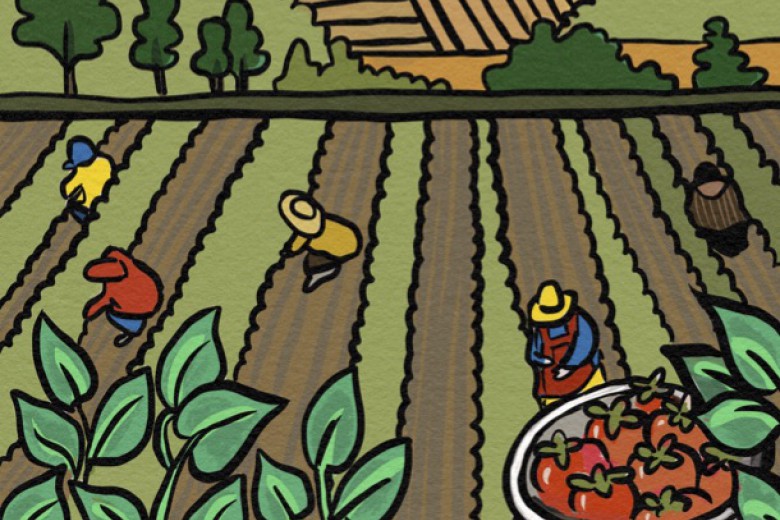
by Maya Menezes Jan 14, 2021 9 min read
-
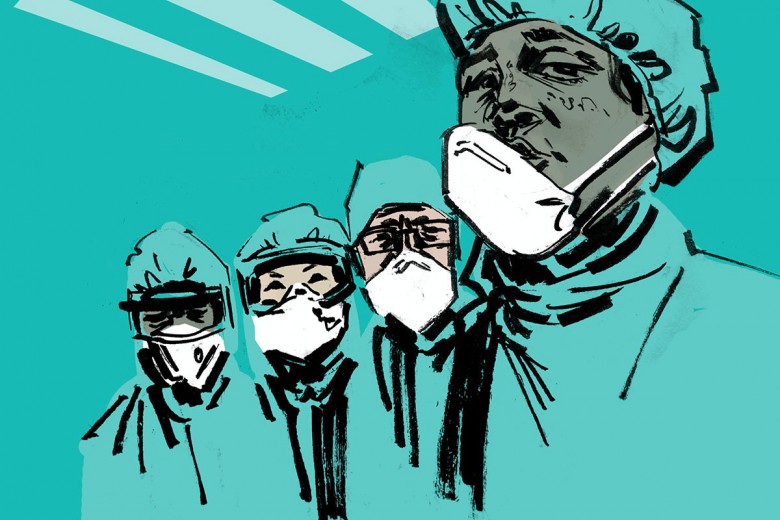
by Baijayanta Mukhopadhyay Oct 28, 2020 4 min read
-

by estefania alfonso falcon Dec 23, 2019 5 min read
-
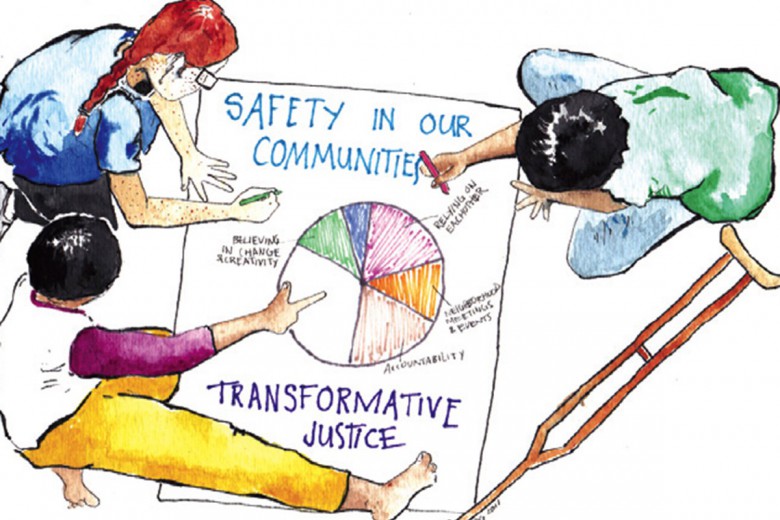
by Talia Gruber Dec 23, 2019 4 min read
-
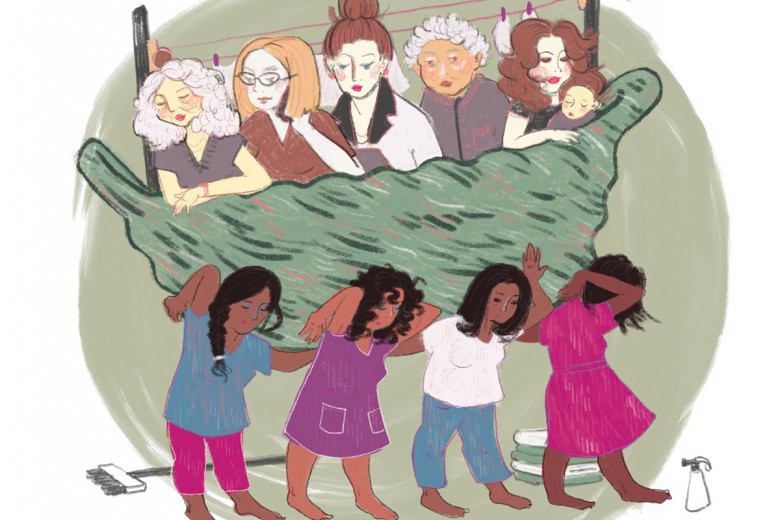
by Simran Kaur Dhunna Oct 29, 2018 12 min read
-

by David Camfield Sep 17, 2018 5 min read
-
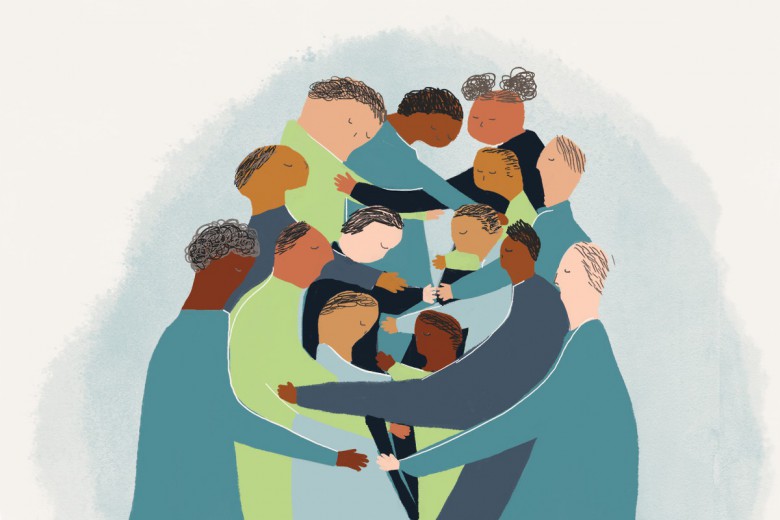
by Rushdia Mehreen and David Gray-Donald Aug 29, 2018 10 min read













